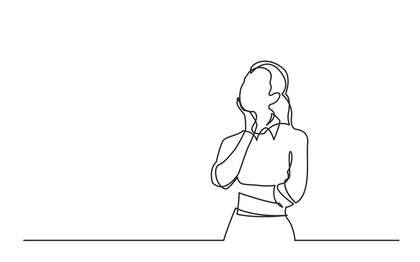- Home
- Counseling
-
Specialties
- Depression
- Bipolar Disorder
- Anxiety Disorders >
- Obsessive-Compulsive Disorder (OCD)
- Eating Disorders
- Grief and Bereavement
- ADHD
- Maternal Mental Health
- Infertility, Miscarriage, and Neonatal Loss
- Domestic Violence and Sexual Assault
- Posttraumatic Stress Disorder (PTSD) >
- Trauma
- Non-Suicidal Self-Injury (NSSI)
- Substance Use Disorders (SUD)
- Anger Management
- Insomnia
- Divorce Recovery
- Relationship Concerns and Couples Counseling
- Self-Esteem
- Therapy for Therapists
- LGBTQA+ Support
- Faith-Based Counseling
-
Providers
- Erin Mitchell
- Pamela Heilman
- Katie Sheehan
- Hillary Gorin
- Lee Ann Heathcoat
- Adam Ginsburg
- Megan Noren
- Sarah Williams
- Christina Bieche
- Bridgette Koukos
- Laura Lahay
- Kate Nash
- Anna Perkowski
- Alma Lazaro
- Leah Arthur
- Marissa Vogrin
- Erin Blair
- Amy Jakobsen
- Lizzy Lowe
- Tony Fasano
- Gerry Lawm
- Vanessa Osmer
- Kat Harris
- Locations
- Contact
- Treatments
- Employment
- FAQ and Notices
- OakHeart Blog
- Administrative and Leadership Team
- Mental Health Resources
- Divorce Mediation
- Professional Consultation
|
|




